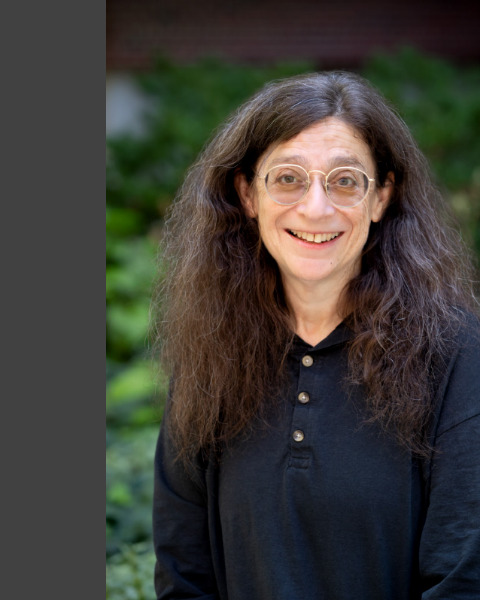Back
Systematics, Evolution, and Biodiversity
Program Symposium
The Cultural Significance of Insects Through Historical and Diverse Lenses
Moral lessons, morphology, and medieval bodies--insect knowledge in the Middle Ages
Tuesday, November 15, 2022
2:00 PM – 2:15 PM PT
Location: Vancouver Convention Centre, Meeting Room 109

May R. Berenbaum (she/her/hers)
Professor and Head
University of Illinois
Urbana , Illinois
Presenting Author(s)
The era of European history beginning in the fifth century and extending through the fifteenth century is generally identified as the Middle Ages or the Medieval Period. The thousand-year timespan of the Middle Ages was far from homogeneous with respect to the status of scholarship. With respect to knowledge of insects, significant advances were made, even if it was not until the mid-eighteenth century that entomology emerged as a discipline with a name. Early on, insect scholarship was heavily influenced by religious authorities; insect biology (or imagined aspects of insect biology) was of interest primarily for its allegorical value for moral lessons. By the Carolingian Renaissance, although moral lessons provided enlightenent for the soul, medieval bodies needed attention; necessity eventually led to a renewed interest in natural history, for treating diseases and for implementing improvements in agriculture to ward off famines. By the end of the High Middle Ages, religious symbolism and mysticism began to give way to thinking that allowed faith to be informed by personally acquired knowledge, a critical step in the development of the natural sciences as a freestanding academic discipline.

